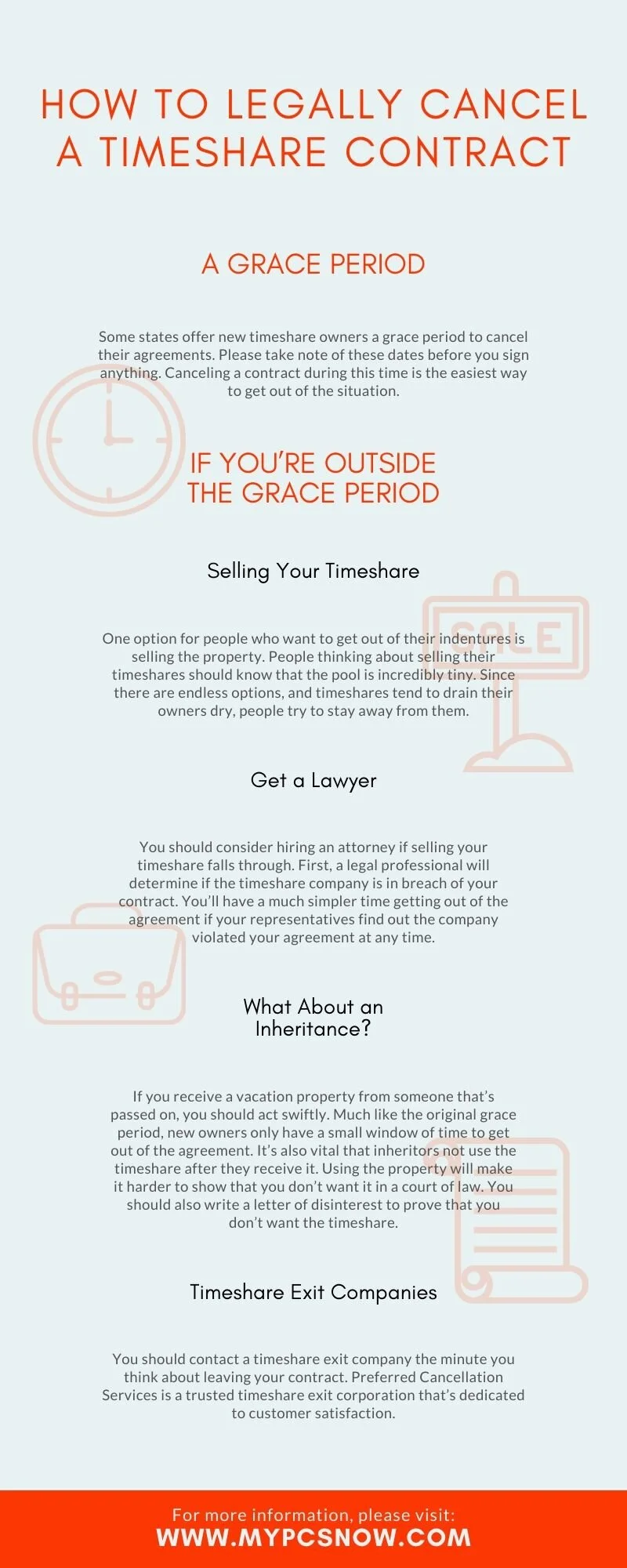Each buyer normally purchases a certain amount of time in a specific system. Timeshares normally divide the property into one- to two-week periods. If a buyer desires a longer period, buying several consecutive timeshares might be an option (if available). Traditional timeshare residential or commercial properties usually sell a set week (or weeks) in a property.
Some timeshares offer "versatile" or "floating" weeks. This plan is less rigid, and allows a purchaser to select a week or weeks without a set date, but within a specific period (or season). The owner is then entitled to reserve his/her week each year at any time during that time duration (subject to availability).

Given that the high season may stretch from December through March, this provides the owner a bit of trip flexibility. What kind of home interest you'll own if you purchase a timeshare depends on the type of timeshare bought. Timeshares are typically structured either as shared deeded ownership or shared leased ownership.
The owner gets a deed for his/her portion of the unit, defining when the owner can utilize the home. This suggests that with deeded ownership, numerous deeds are provided for each property. For instance, a condominium unit sold in one-week timeshare increments will have 52 overall deeds when fully offered, one provided to each partial owner.
Each lease contract entitles the owner to use a particular residential or commercial property each year for a set week, evan wesley or a "drifting" week during a set of dates. If you buy a rented ownership timeshare, your interest in the residential or commercial property usually ends after a certain term of years, or at the current, upon your death.
This means as an owner, you might be restricted from offering or otherwise transferring your timeshare to another. Due to these elements, a leased ownership interest may be bought for a lower purchase rate than a comparable deeded timeshare. With either a leased or deeded kind of timeshare structure, the owner purchases the right to utilize one particular home.
To provide higher flexibility, lots of resort advancements get involved in exchange programs. Exchange programs make it possible for timeshare owners to trade time in their own residential or commercial property for time in another getting involved property. how to sell timeshare. For example, the owner of a week in January at a condominium unit in a beach resort may trade the residential or commercial property for a week in an apartment at a ski resort this year, and for a week in a New york city City accommodation the next.
Some Known Factual Statements About How Much Does A Timeshare Cost
Typically, owners are limited to choosing another home classified comparable to their own. Plus, additional fees are typical, and popular properties may be difficult to get. Although owning a timeshare methods you will not need to toss your http://zanderqrhu788.lowescouponn.com/the-best-strategy-to-use-for-how-to-be-a-good-timeshare-salesman money at rental accommodations each year, timeshares are by no ways expense-free. Initially, you will need a piece of money for the purchase cost.
Since timeshares rarely keep their worth, they will not certify for funding at the majority of banks. If you do discover a bank that agrees to fund the timeshare purchase, the interest rate is sure to be high. Alternative funding through the designer is usually available, however once again, just at steep interest rates.
And these costs are due whether or not the owner utilizes the residential or commercial property. Even worse, these costs commonly intensify constantly; in some cases well beyond an affordable level. You might recover some of the expenditures by leasing your timeshare out throughout a year you don't utilize it (if the rules governing your particular property permit it) - how to get out of timeshare.
Getting a timeshare as a financial investment is hardly ever an excellent idea. Given that there are so more info lots of timeshares in the market, they hardly ever have excellent resale potential. Rather of valuing, the majority of timeshare diminish in value when acquired. Numerous can be challenging to resell at all. Instead, you need to think about the worth in a timeshare as a financial investment in future vacations.
If you holiday at the exact same resort each year for the same one- to two-week period, a timeshare may be a terrific method to own a residential or commercial property you like, without incurring the high expenses of owning your own home. (For details on the expenses of resort own a home see Budgeting to Purchase a Resort Home? Costs Not to Overlook.) Timeshares can also bring the convenience of understanding just what you'll get each year, without the inconvenience of scheduling and renting accommodations, and without the fear that your preferred place to stay won't be available.
Some even offer on-site storage, allowing you to conveniently stash equipment such as your surfboard or snowboard, preventing the inconvenience and expense of carting them back and forth. And even if you may not use the timeshare every year does not imply you can't enjoy owning it. Numerous owners enjoy periodically loaning out their weeks to friends or family members.
If you don't want to vacation at the exact same time each year, flexible or floating dates offer a good option. And if you want to branch out and explore, think about using the home's exchange program (make certain a great exchange program is used prior to you buy). Timeshares are not the best solution for everybody.
Getting The How To Get Out Of A Timeshare Legally To Work
Also, timeshares are normally unavailable (or, if available, unaffordable) for more than a couple of weeks at a time, so if you generally trip for a 2 months in Arizona during the winter, and spend another month in Hawaii during the spring, a timeshare is most likely not the very best option. Additionally, if saving or making money is your primary concern, the lack of financial investment capacity and continuous expenses included with a timeshare (both talked about in more detail above) are guaranteed disadvantages.
Does the phrase "timeshare" ring a bell, but you do not understand what a timeshare is? Or possibly you have an unclear concept of what a timeshare is but want some more thorough info on how a timeshare works. In basic terms, a timeshare is a resort system that allows owners to have an increment of time in which they can use for trips every year.
This ownership is normally in weekly increments. The majority of timeshares today are with large corporations like Wyndham, Marriott and even Disney. These hospitality brands use a travel club design of subscription for owners, supplying flexibility and modification for trips. According to the American Resort Development Association, "timesharing" is defined as shared ownership of a vacation home, which might or might not consist of an interest in genuine home.
These increments are typically one week however differ by designer and resort. Generally, you are sharing a system with others, but "own" an appointed week. There are a couple of prominent people that give timeshare a bad associate, but pleased owners and statistics gathered by ARDA's AIF Foundation negate opinion. In reality, the AIF State of the Holiday Timeshare Market Reveals Growth - how much is my timeshare worth.
If you're a timeshare owner or looking to Buy Timeshare, you need to become knowledgeable about your vacation ownership brand name, because every one works differently. The most common (and now obsoleted!) way a timeshare works is owning a specific week at the same time every year, in the same resort. Typically, families can travel to their timeshare resort during their "set week." However, there are a lot more options to timeshare than ever.
